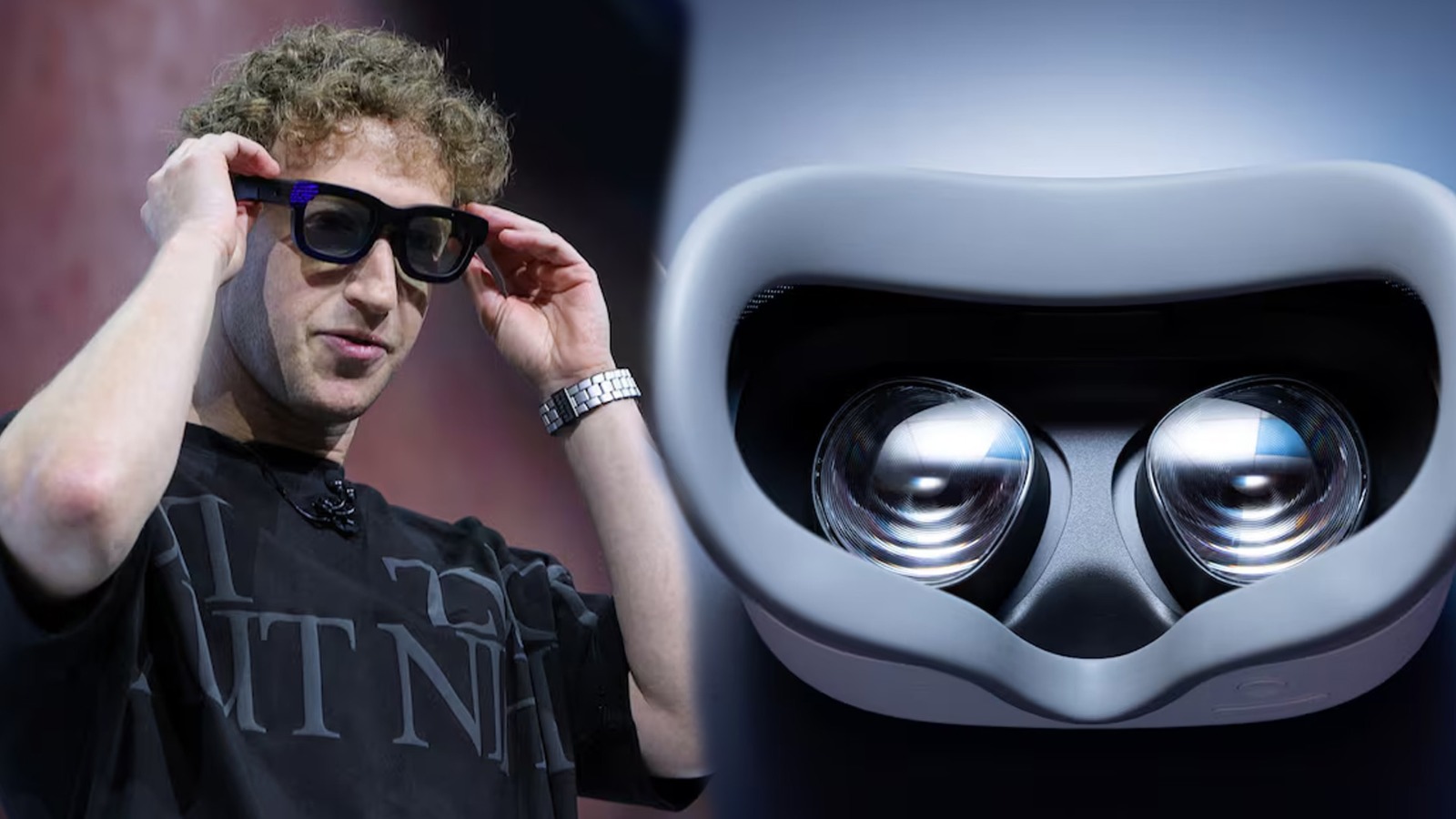At Connect, Meta — Facebook’s parent company — presented a first-generation operational prototype of the augmented reality glasses called Project Orion.
The declaration was significant for Meta as the firm aimed at connecting the physical and the digital. Facebook chief Mark Zuckerberg did an excellent job presenting the glasses as a future product with tremendous potential.
Orion: A Glimpse Into the Future:
“This is the physical world with holograms on top of it,” Zuckerberg said, keeping up the black glasses. He referred to Orion as a ‘time machine,’ showing the audience what may soon be possible in the field of augmented reality devices. As the company itself notes, the glasses are still a work in progress. Still, they mark a major step toward Meta’s goal of developing an array of augmented reality devices, now at the core of the firm’s vision of the “metaverse.”
Orion glasses use an ultra-light magnesium alloy body and Meta’s own silicon and are packed with interactive features, including hand tracking, voice control, and a bracelet-based neural link. However, Zuckerberg said that much remains to be done to reduce the size of the device and its cost and to market it properly to the consumer. The business plan for creating this new product is to issue a commercial version in 2027; however, technical progress should decrease production costs first.
Challenges and Market Aspirations of Orion:
Still, Meta is driving the advancement in the AR technology, and though the industry encountered some barriers. Google does not have a successful previous attempt at AR technology – spin glass glasses. Zuckerberg shifted Meta towards an ‘immersive metaverse’ approach in 2021, which saw AR and VR as core to the firm’s future vision. However, the growth of the industry has been retarded by high costs of development and adoption of technology.
Analysing Meta’s strategy, Paolo Pescatore, an analyst working for PP Foresight, agreed with the company’s goal to make AR commonplace and affordable. However, he pointed out that the use of AI technology is still a concern, and users will require more encouragement to adopt such tools.
Meta’s Broader AI and AR Push:
Together with Orion, Meta said it released improvements to the Ray-Ban Meta smart glasses, which have become popular since incorporating an AI helper. New elements of the application will be QR code scanning, integration with the Spotify music application, and simultaneous translation of messages from and to English and such languages as Spanish, French, and Italian. Zuckerberg did this live on stage, getting into a translated conversation with Mexican fighter Brandon Moreno.
Meta also showcased other AI opportunities, such as better chatbots, and revealed a new Quest mixed-reality headgear. With Meta’s ongoing AR and VR developments, the company is building itself up as a leading proponent of the next frontier of technological integration.
By introducing Orion, Meta has publicly declared its aspirations to dictate how the AR industry will grow while working via the challenges of creating and establishing the technologies that will define the sector.









